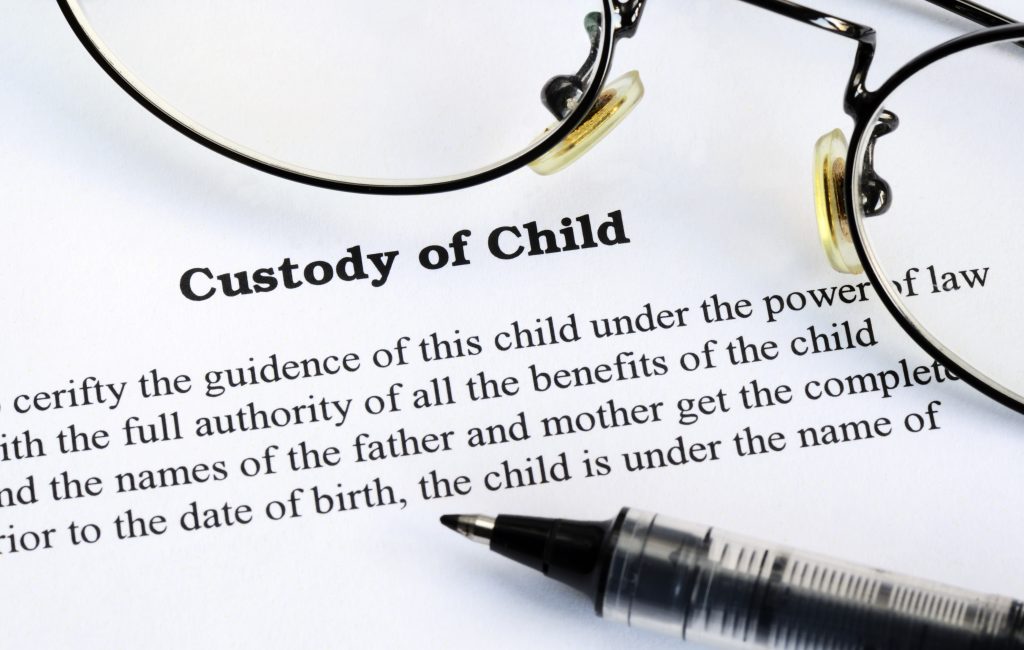
In Utah, what is needed to qualify for a Stalking Injunction?
If you are scared for your safety because you reasonably believe someone might try to
harm you or others close to you, you may have questions whether to apply for a Civil Stalking
Injunction or a Protective Order. In Utah, a Civil Stalking Injunction is court-ordered protection
against people who aren’t related to you and have never lived with you. This is different from a
Protective Order, which is available against people who are related to you, have lived with you,
or share a child with you. If you have questions about which type of protection to apply for, it is
beneficial to meet with an experienced Utah attorney who can help you determine what
protection is appropriate.
However, if the person who is threatening you is not related to you and has never lived
with you, then you may have more questions, such as:
- Has enough happened for me to qualify
for a Civil Stalking Injunction? - Can I still apply if the events have taken place over a long time?
There hasn’t been one event that has caused me significant concern, but all the events together
combined signal a disturbing pattern. Is that enough to obtain a Civil Stalking Injunction?
These are all good and important questions. In Utah, you can apply for a Civil Stalking
Injunction against an individual if two requirements are met: (1) the perpetrator “intentionally or
knowingly engages in a course of conduct directed at a specific individual;” and (2) the
perpetrator “knows or should know that the course of conduct would cause a reasonable person
to fear for the individual’s own safety[,] . . . the safety of a third individual[,] or to suffer other
emotional distress . . . .” Utah Code §76-5-106.5(2)(a).
- First, the perpetrator must have “intentionally or knowingly engage[d] in a course of
conduct directed at a specific individual.” Utah law defines “course of conduct” as “two or more
acts directed at a specific individual . . . .” Utah Code Ann. §76-5-106.5(1)(a)(i). These acts
include “acts in which the [perpetrator] follows, monitors, observes, photographs, surveils,
threatens, or communicates to or about an individual, or interferes with an individual’s property .
. . .” Id.
In the recent case Anderson v. Deem, 2023 UT App 48, the Utah Court of Appeals
emphasized that the “course of conduct” step does not require that the actions themselves be
threatening. In Anderson, a teenage girl received multiple communications from a classmate over
social media. The trial court determined that only one of the communications was threatening.
The other messages, which mainly consisted of expletives, were not determined to be threatening
as expletives have become so commonplace in our society as to not be enough alone to cause
emotional distress. The trial court reasoned that since only one act was threatening, there was not
a “course of conduct” required by Utah statute to grant a Civil Stalking Injunction. However, the
Utah Court of Appeals reversed the trial court’s ruling. The Court of Appeals stated that acts
committed by a perpetrator do not have to be threatening to constitute a “course of conduct,”
they just have to satisfy the definition set out in Section 76-5-106.5(1)(a)(i)—which includes
communications such as texts or emails, even if the content of the message isn’t considered
threatening.
- Second, the perpetrator must have “know[n] or should [have] know[n] that the course of
conduct would cause a reasonable person to fear for the individual’s own safety[,] . . . the safety
of a third individual[,] or to suffer other emotional distress . . . .” Utah Code Ann. §76-5-
106.5(2)(a). Put another way, the person seeking the Civil Stalking Injunction “must establish
only that the [perpetrator’s] conduct would cause emotional distress to a reasonable person in the
[victim’s] circumstances.” Anderson, 2023 UT App 48, ¶29 (quoting Baird v. Baird, 2014 UT 8,
¶25). In Anderson, the Utah Court of Appeals held that to consider whether the course of conduct
would be threatening to anyone in the victim’s circumstances means considering all acts together
instead of each act separately. In Anderson, the trial court found that only one incident would be
considered threatening by itself. However, the Court of Appeals stated that all acts must be
taken together in order to understand the victim’s experience and circumstances. For example,
the court reasoned “conduct such as sending the victim a dozen roses may seem benign and
loving to the casual observer, but could mean a very different thing when understood in the
context of the victim’s experience.” Anderson, 2023 UT App 48, ¶29 (quoting Baird, 2014 UT 8,
¶26).
Because it can sometimes be difficult determining whether the requirements to obtain a
Civil Stalking Injunction have been met, we recommend talking with an Experienced Utah
Attorney to discuss your circumstances and help with the process of obtaining protection.
Please Call Daniel Mckay Law and Associates 801.798.8000
you may also like
When both sides in a case win…who is the “prevailing party”?
In Utah, as in most states, we follow the “American rule” regarding attorney fees – the party…










